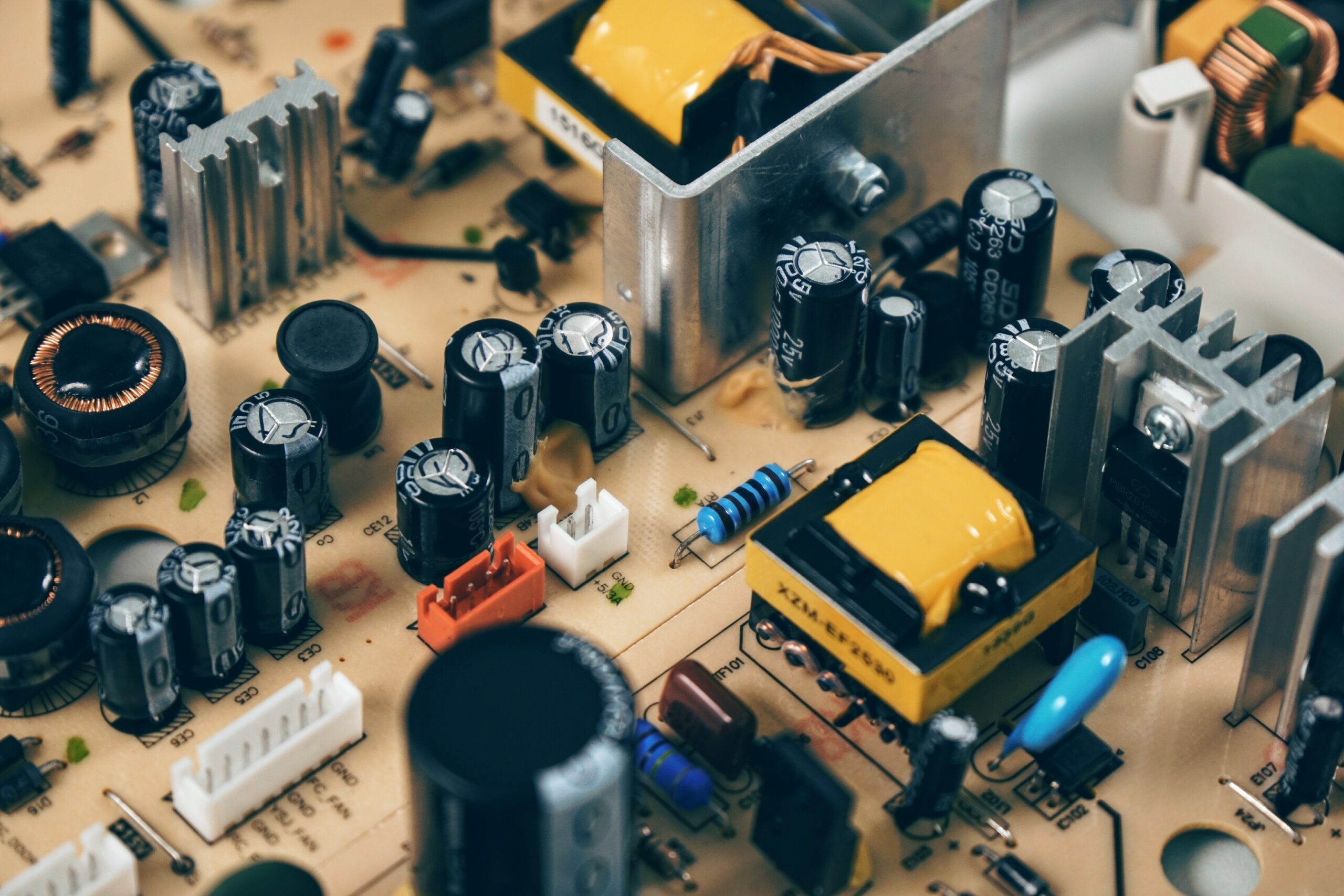If your home is more than 30 years old, you need to take a good, hard look at your plumbing and electrical systems to determine if it’s time to replace anything.
Here’s the thing: every decade of use is hard on your home. That means, by the time your home turns 20 or thirty, its plumbing and electrical systems have been through a grinder. It also means things are going to start breaking down, which could increase bills.
To save yourself from unforeseen costs and surprises, you should replace your old or damaged plumbing and electrical systems. Let’s look through several tips on when you need to and how you can do that.
Signs of Malfunctioning Electrical and Plumbing Systems
Here are some signs of a malfunctioning electrical system:
- Tripping breakers
- Blowing fuses
- Flickering or dimming of lights
- Electricity leakages
- Discolored, sparking, or warm outlets
- A burning smell
- No ground fault circuit interrupter outlets in areas like baths and kitchens.
Here are some signs of a malfunctioning plumbing system:
Stains – These include water stains on walls and seepage.
Leaks – These include drips and leaks.
Pipe Damage – This includes dents, flaking, discoloration, and swelling in the physical appearance of plumbing pipes.
Foul Odor – This includes unpleasant odors coming out from walls or bathrooms.
Water Color – This includes rusty, greenish, or yellowish water.
Low Water Pressure – This may happen due to a pipe blockage or breakage.
Lead in Pipes – This type of pipe may be present in houses built before 1978. They can contaminate your house’s drinking water.
How to Replace Damaged or Old Malfunctioning Electrical and Plumbing Systems
Replacing a damaged or old malfunctioning electrical and plumbing is not a job for you, no matter how proficient you are at breaking down walls or solving plumbing problems. Why? Because these jobs require expertise, you can’t get that without training.
But if you’re wondering how to replace damaged or old electrical and plumbing systems, here’s how you can do that:
1. Start with Wiring or Plumbing That’s Exposed
If you don’t have the budget to gut your whole house to replace your wiring and plumbing systems, you should begin by replacing wiring and pipes that aren’t buried in the walls. That means replacing wiring in easy-to-access areas like above-the-ground surfaces and plumbing in basements, crawlspaces, and utility rooms.
You’ll have to spend around $2,000 to $6,000 on replacing exposed plumbing and other plumbing services in NYC if your house is around 1,500 sq. ft.
2. Update Your Circuit Breakers and Outlets
If your circuit breakers are obsolete or damaged, you should think about replacing them. This will allow them to handle more power to distribute through your home without disrupting the wiring in every room.
You should also think about adding new electrical outlets and replacing the old and used cable wires.
3. Replace Wiring or Plumbing During a Renovation
If you’re remodeling your home, take the opportunity to inspect and replace any plumbing lines or electrical wiring you (or your contractor) expose when you open up the floors or walls. This includes every room in your house, e.g., your kitchen, bathroom, living room, etc.
Plus, when plumbing pipes and wiring are already exposed during a project, and you already have your contractor on site, you can kill three birds (plumbing, wiring, renovations) with one stone. You’ll also save up on thousands you would’ve spent otherwise.
For instance, the added cost of replacing plumbing and wiring systems quoted by most electrical contractors in NYC may only be around $1,000 to $3,000, which is a deal if you’ve ever seen one.
The Takeaway
Replacing old or damaged electrical and plumbing systems should be on top of your list if you’re living in an older home. But if you think you can manage to upgrade everything on your own because you’re good with power tools, don’t do it. Really.
When it comes to electricity and plumbing, it’s never a good idea to go down the DIY route. You should always hire professionals and ask them to deal with the problem. They’re the experts; they know what to do.
Don’t risk your life by trying to play with electricity. You never know when something might go wrong.

